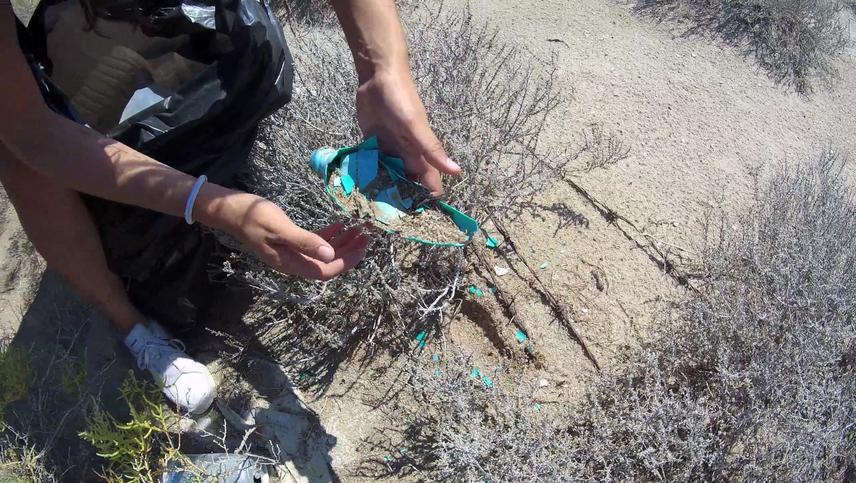Itzel Villagómez
Other projects
13 Jun 2023
Polycyclic Aromatic Hydrocarbons and Organochlorine Pesticides in the World’s Largest Fish and its Food in the Whale Shark Refuge Area in Bahía de La Paz, Mexico
Microplastics (PM) are a major source of pollution in the oceans due to their ubiquity and their high absorption capacity for dangerous hydrophobic substances, including persistent organic pollutants (POPs). Ingestion of PM can contribute to the absorption of POPs by marine organisms and their biomagnification through the food web. The whale shark (Rhincodon typus) is a filter organism susceptible to ingest floating PM and POPs bound to PM during its foraging activity. This species is included in Appendix II of CITES and endangered on the IUCN Red List. Bahía de los Angeles (BLA) in the Gulf of California is a sighting site for this species in Mexico. The objective of this study is to evaluate the presence of toxic PM and POPs in BLA whale sharks in biopsies of subcutaneous tissues and zooplankton.

Microplastics.
The contribution of this research is making this information known to the health or environmental authorities in Mexico so that they can proceed with the management of pollutants, marking the negative effects of these on the ecosystem and its organism. Also inform the providers of tourist services that use this resource, about how tourism would be affected if there is no regulation on pollutants in this area. Your income per season would be affected, which until March 2020 was estimated at 10 million pesos, decreasing approximately 50% of this income per season if there is still no regulation on waste management, pollutants and boat permits to carry out tourist activity.